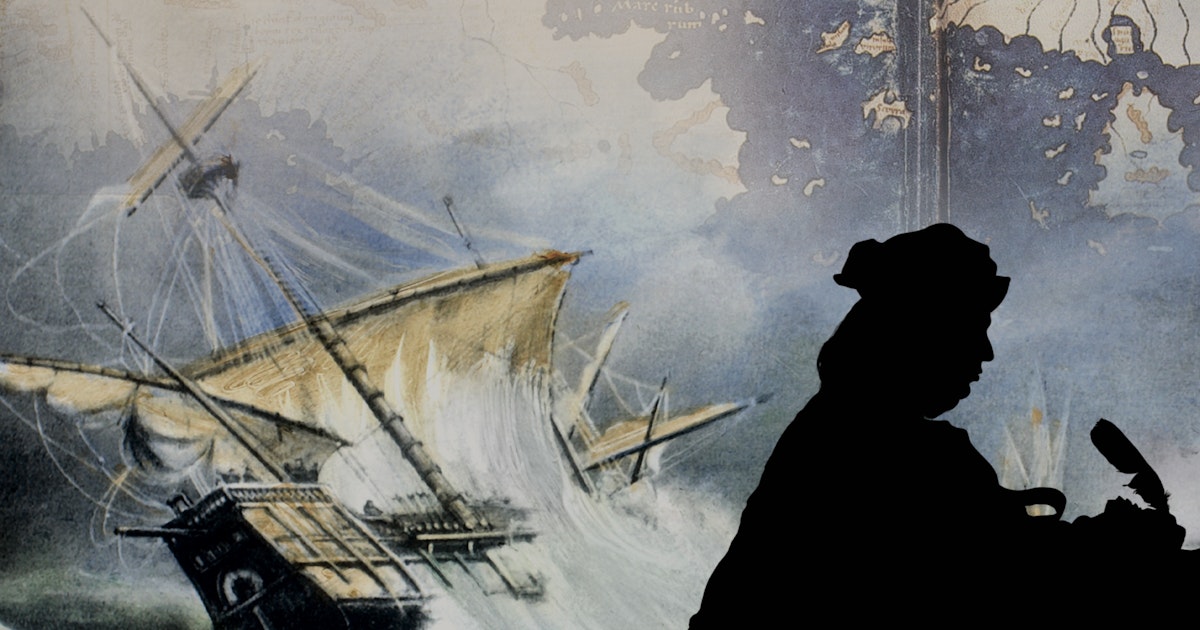
Christopher Columbus: The Mysterious Explorer
Was Christopher Columbus Jewish?
The greatest mystery surrounding the person of Columbus concerns his motives for his voyage across the Atlantic. Did he want to convert the Asian people? Is it all about gold and fame? Or something completely different?
Some historians have suggested that Columbus was secretive about his past because of his Jewish roots. His relatives are said to be Jews who fled to Italy because of the persecution of Jews in Spain.
There they converted to Christianity. This explains why Castilian, a Spanish dialect, was written and spoken before Columbus arrived in Spain.
This also explains why Columbus did his best to keep his origins a secret, as the persecution of the Jews was so bad when he arrived in Spain in 1485. Proponents of this theory argue that Columbus was assisted by Jews at court in Portugal and Spain, or by Jews who had converted to Christianity to avoid persecution.
Jews were hated in most of Europe, especially in the newly united Spain. Four months before Columbus left Palos, the royal couple of Spain ordered about 200,000 Jews to leave the country before August 3, 1492—the same day Columbus began his voyage across the Atlantic.
At the same time, the merciless approach of the Spanish Inquisition showed that even converted Jews were not safe: thousands were burned for being ‘false Christians’. Writer and Nazi hunter Simon Wiesenthal believed that Columbus’s true mission was to find a new land for the Jews.
According to myths that have circulated for centuries, many ancient Jewish tribes, after being exiled from Israel by the Assyrians, settled in Asia and established powerful empires there. So Columbus may have hoped to find those lands and ask the Spanish Jews to help them.
This may also explain why Columbus brought a translator who could translate from Spanish to Hebrew. Although most historians have rejected the theory, none have been able to completely disprove it.
A navigator emerges from the ocean
The history of Columbus begins in 1476. Cristoforo Colombo, then 25, said he had already decided at fourteen that the sea was his destiny because his name was in Italian. According to his son’s notes, he went to Iceland, among other places, and then captained a ship that attacked Tunis on royal orders. However, scientists have no evidence that Columbus commanded a riverboat before sailing to America in 1492.
In the summer of 1476, he is said to have been on board a Genoese ship carrying cargo to Lisbon. Off the coast of Portugal, the fleet was attacked by French corsairs and Columbus’s ship sank.
Young Columbus clung to an oar so he could reach shore. There he was cared for by the people, and after a few days he set sail for Lisbon.
Portugal was the largest naval nation in Europe at the time, and Portuguese sailors often explored the coast of West Africa and elsewhere. Lisbon teems with sailors telling tales of foreign lands and peoples.
Columbus stayed in Portugal for eight years – in Lisbon and Madeira. Columbus’s brother Bartholomew was a cartographer and traded nautical charts in Lisbon; So Columbus could master cartography. He soon changed his name to the Portuguese-sounding Cristovao Colombo.
Map of Vikings
At that time, Columbus must have come up with the idea of crossing the Atlantic Ocean to Asia. According to one story, Columbus met a stranded sailor in Madeira whose ship had been blown across the Atlantic by a storm and he returned.

“Coffee fanatic. Friendly zombie aficionado. Devoted pop culture practitioner. Evil travel advocate. Typical organizer.”
